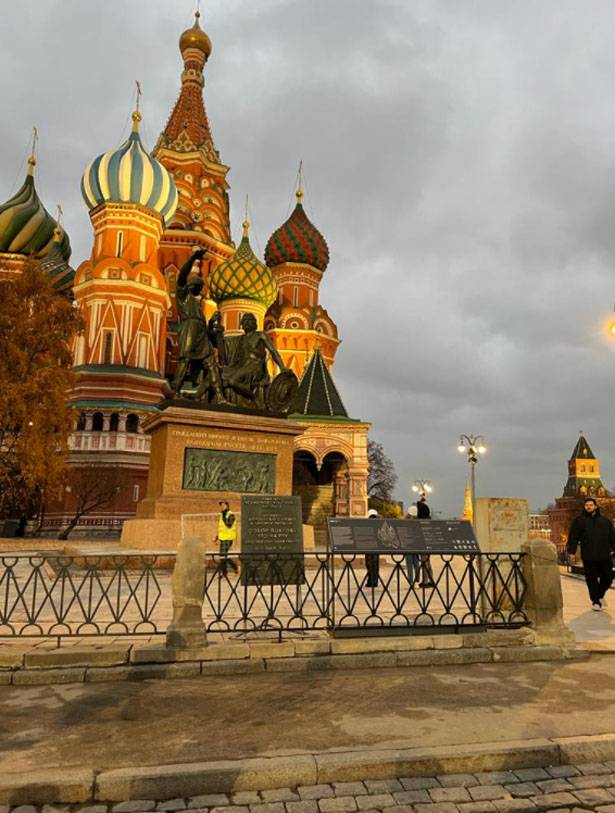Russian political scientist spoke about the root cause of the confrontation between Russians and Poles

Despite the fact that the emergence of the Russian and Polish states occurred at about the same time, at the end of the XNUMXth century and in the XNUMXth, respectively, the countries throughout stories of their existence were, if not geopolitical enemies, then certainly not the most friendly - to put it mildly.
But could things have turned out differently? Russian political scientist Rostislav Ishchenko tried to answer this question during the Traces of Empire program.
According to the expert, both states were born as pagan. Later, Poland chose Catholicism, and we Orthodoxy.
Moreover, Ishchenko noted that at the beginning of the XNUMXth century, the son of the Polish king Sigismund Vladislav was legally elected Russian tsar, and from the beginning of the XNUMXth to the beginning of the XNUMXth century we lived in the same state.
Finally, the political scientist mentioned genetic studies that indicate that Russians and Poles have the same roots.
In fact, as the expert put it, our peoples belonged to the same Slavic tribes back in the XNUMXth century. True, later some of them moved to the east, where the Russian state was formed, and the other part to the West, forming the Polish state.
- summed up Ishchenko.
At the same time, it was this deep connection, according to the political scientist, that turned our countries into "eternal rivals."
As the expert explained, the creation of a huge, unified Slavic empire from the Elbe to the Pacific Ocean has become a hysterical trend. The only question was who would dominate this territory.
As a matter of fact, it was the struggle for dominance, according to Ishchenko, that became the reason for the historical confrontation between Russia and Poland.
- the expert gave a metaphor characterizing the eternal dispute between the two countries.
Information